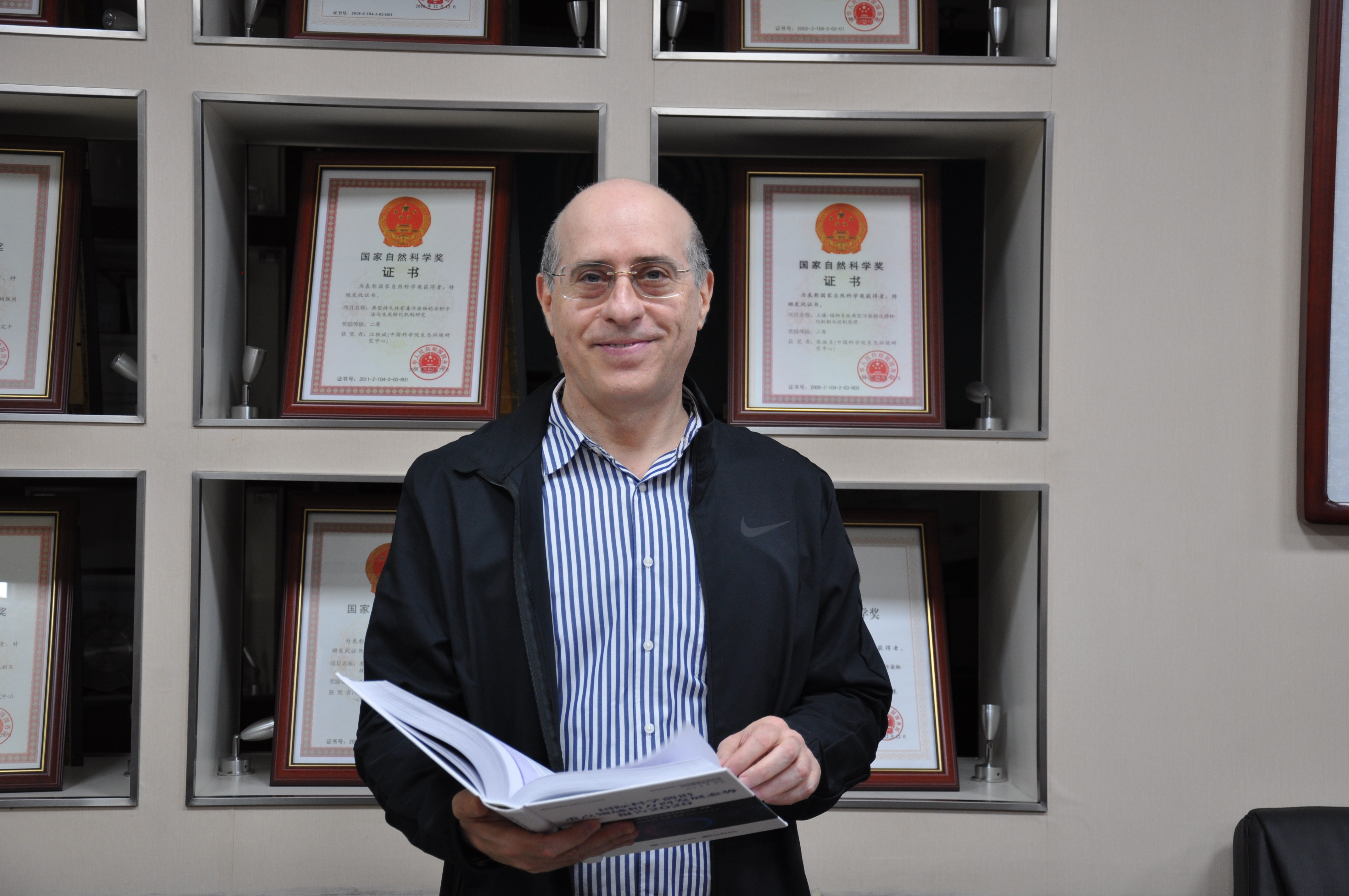Faiola's Scientific Journey to the East

Professor Francesco Faiola. (COURTESY PHOTO)
By?LONG?Yun?&?BI?Weizi
Renowned Italian Professor Francesco Faiola, a dedicated scientist with a curious mind and caring attitude, is the first full-time foreign researcher at the Research Center for Eco-Environmental Sciences of the Chinese Academy of Sciences (CAS) in China.
He has established the Stem Cell Toxicology Research Group at the Laboratory of Environmental Chemistry and Ecotoxicology of CAS. He recently sat down with Science and Technology Daily to discuss his research, scientific outreach and education, and China's sci-tech progress.
Breaking ground
Faiola's research interests lie in stem cell toxicology, which combines stem cell biology and environmental toxicology to develop in vitro toxicity evaluation models for environmental pollutants.
His passion for natural sciences began during his high school years in Italy. After completing his Ph.D. in molecular biology in the US, he conducted postdoctoral work in the same field. His expertise in stem cell research led him to join the Laboratory of Environmental Chemistry and Ecotoxicology in China, where he has been dedicated to the assessment of health risks from environmental pollutants over the past nine years.
Faiola's research has made significant contributions in the field of stem cell toxicology. He has developed specialized stem cell models for environmental toxicology. These models obviate the need for animal models, resolve ethical and welfare issues, and establish safer, more economical, and highly efficient toxicology models.
Additionally, Faiola has developed a high-throughput toxicology data analysis and visualization platform that employs text mining, neural network clustering, and data characterization to visually display the characteristic toxic targets of different chemicals.
He has also established multiple stem cell technology platforms for toxicology research in China, which conform to the international initiative of replacing animal testing and have significantly shortened experimental cycles and saved research costs.
According to Faiola, stem cell toxicology can play a crucial role in developing environmentally friendly products and reducing the use of toxic chemicals, thereby promoting sustainable development in environment protection.
Global benefit of scientific progress
Faiola's positive experience of working and living in China can be attributed to the country's strong support for sci-tech innovation, including its investment in basic scientific research fields, promotion of innovation, incentives for technology transfer, and development of state-of-the-art research facilities.
This Italian scientist sees China's development as an opportunity for the world. "China's rapid scientific research advancements will bring new vitality to the international community,"said Faiola, adding that the country will play a significant role in a more diverse global scientific research community in the future.
Faiola's perspective highlights the importance of international collaboration in advancing innovation and foresight in science and technology. He pointed out that strengthening cross-border exchanges and cooperation can efficiently use global sci-tech resources.
Bridging gaps between science community and public
Faiola is a scientist who recognizes the importance of scientific outreach and education in modern society. As technology continues to advance and scientific knowledge becomes increasingly complex, it is crucial to promote an atmosphere of learning and exploration in science. He said that science outreach activities play a vital role in bridging the gap between the general public and scientific knowledge.
Faiola's Lab has been actively promoting public understanding of science. This includes publishing popular science articles on cutting-edge science, as well as participating in multiple popular science lectures.
Moreover, Faiola believes that benefits of science outreach activities extend beyond just improving scientific literacy. They can also promote a culture of scientific curiosity and inquiry, encouraging people to ask questions and seek out answers. This mindset can be applied to other areas of life, leading to a more curious, creative, and innovative society.
Faiola hopes to cultivate a group of young people with the potential to become scientists and who are willing to dedicate themselves to scientific research by stimulating their curiosity, imagination, and desire for exploration.
???
This article is also contributed by YIN Nuoya from the Research Center for Eco-Environmental Sciences of? CAS.







